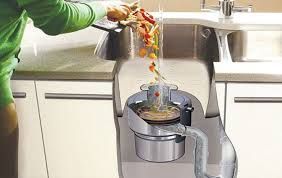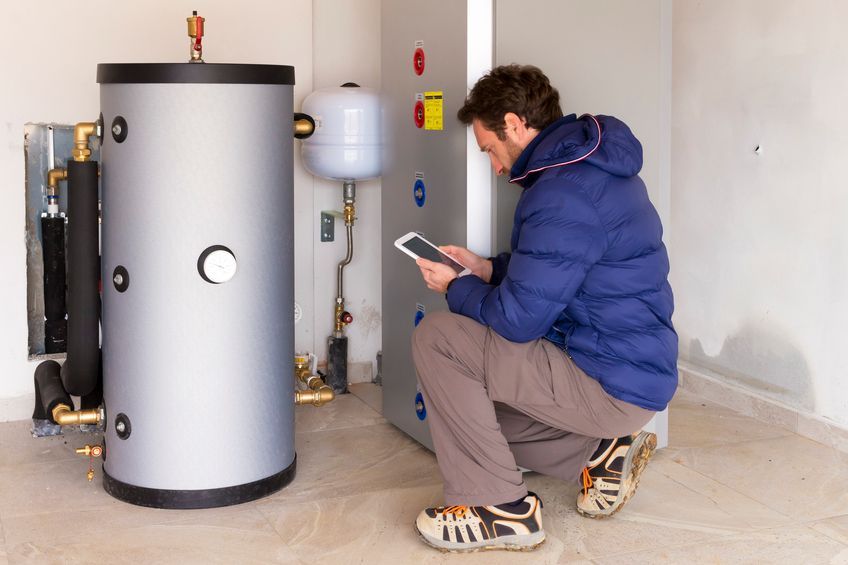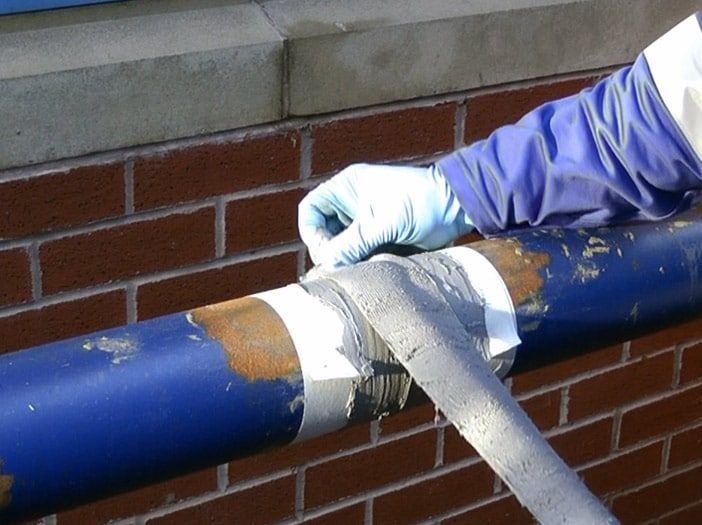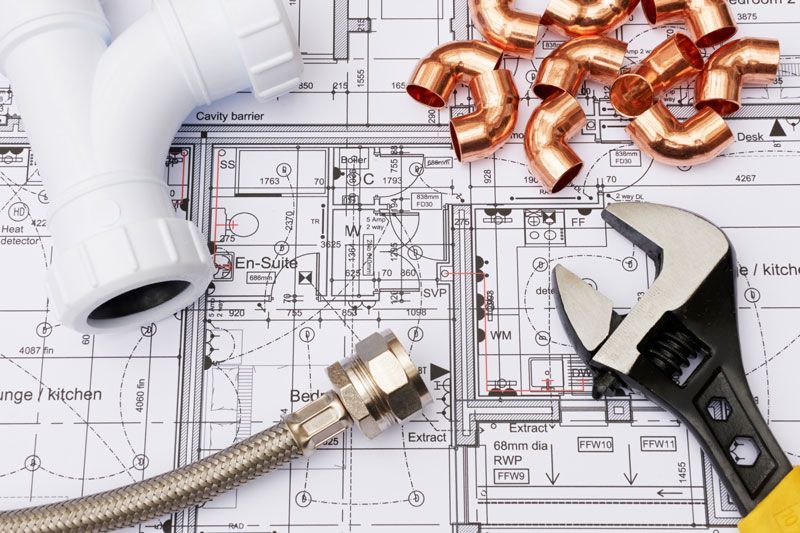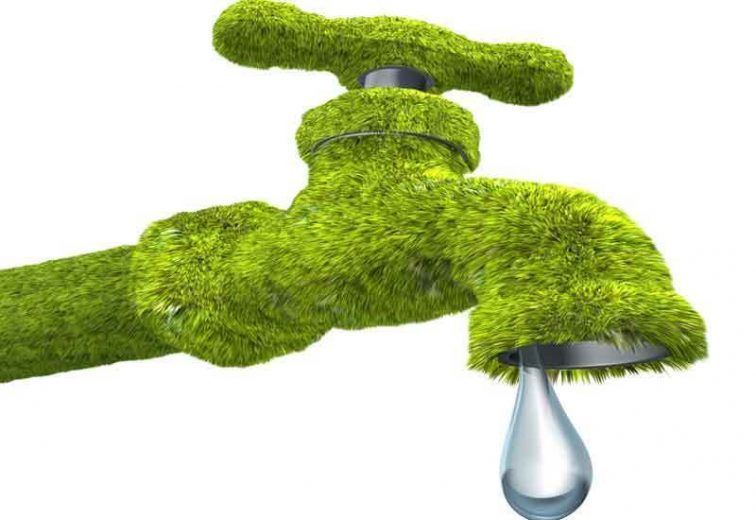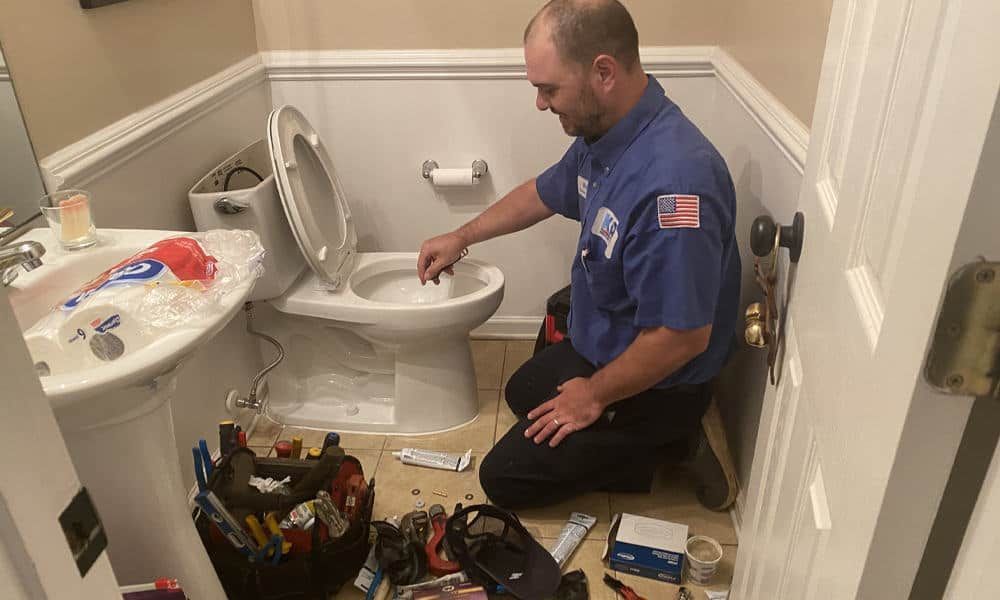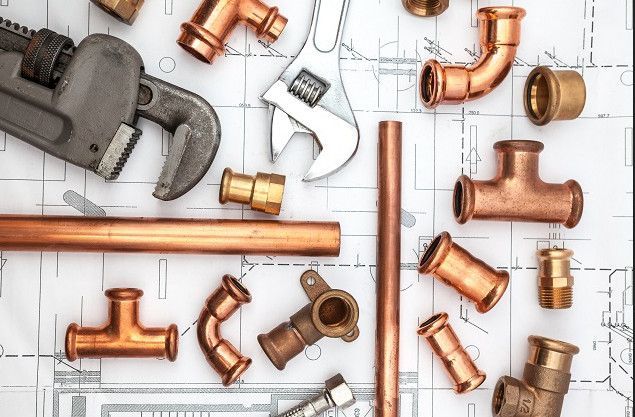Bad Smell Coming From Toilet: 9 Most Common Causes & Solutions
Bad Smell Coming From Toilet: 9 Most Common Causes & Solutions

Whatever its name, bathroom odor is always unpleasant and could even be deadly. A deep clean, where every nook and cranny has been cleaned, may be necessary when bathroom odors have built up and your standard air freshener is failing to eliminate the foul smells. This is one method for addressing the problem.
A stinky toilet could also be a sign of a more serious plumbing issue that requires expert attention and requires more than a DIY fix like baking soda, bleach, lemon juice, essential oils, white vinegar, or a cup of vinegar and hot water.
Why does the odor smell bad?
We regrettably lack a conclusive solution because there may be a lot of causes, and without being present, it may be challenging to identify the source of the offensive smell.
In addition to having an unpleasant odor, sewer gas contains methane, which is frequently linked to bathroom odors and that “bad smell” that the exhaust fan is unable to eliminate. Methane is not only flammable in high quantities, but it is also unhealthy to breathe.
The good news is that after you figure out what’s causing the odor, fixing it shouldn’t be too expensive or complicated. A sewage smell in your bathroom indicates that something is wrong with the plumbing system.
Possible reasons are:
- The water in the shower, tub, or P-trap (sink) has evaporated.
- A leak in the P-trap or nearby.
- Obstructed drain.
- The toilet seal is broken.
- Restricted roof vent.
- A vent pipe was installed incorrectly.
- Vent pipe with a crack.
P-Trap with Evaporated Water
The P-trap in a toilet sometimes contains water that has evaporated, which is a common cause of unpleasant odors. To stop smelly sewage gases from entering the bathroom, the P-trap is a U-shaped conduit that is located beneath the toilet bowl. It captures water.
When a toilet isn’t used for a long time, the water in the P-trap evaporates, allowing sewer gases to escape and produce unpleasant odors. Vacant guest rooms or vacation homes frequently experience this issue.
Running water through the toilet on a regular basis will fill the P-trap and stop evaporation. Alternatively, a thin layer of mineral oil can be added to the water to form a barrier that slows the evaporation process.
Clogged Toilet Drain or Pipe
A clogged toilet drain or pipe might be a significant contributor to the unpleasant smell coming from your toilet. When waste, toilet paper, and other debris build up in the drain or pipe, they block the flow of water and make it stagnate. The odor-producing bacteria that are produced as a result of this stagnation can cause a foul toilet smell.
Having an outdated plumbing system that is prone to clogging, or flushing improper stuff down the toilet are just two examples of causes for clogs that can happen. Tree roots may occasionally enter pipes, clog them, and cause foul odors. Utilizing your toilet correctly and performing routine maintenance can help prevent clogs and keep it smelling fresh.
How to fix it
To have the seal changed, contact a licensed plumber. Our 5-star plumbers are available in different locations.
The toilet's flapper isn't operating properly
Bad smells may result from a malfunctioning toilet flapper. The flapper is in charge of controlling how much water is pumped from the tank into the bowl. If it breaks, water may leak from the tank, leaving the toilet bowl dry and allowing a sewage smell to enter the room.
If the flapper is damaged, worn out, or installed incorrectly, it may not function properly. It is crucial to take care of this problem right away to stop the foul odor from persisting. The issue can be resolved easily and affordably by changing the flapper. Regular cleaning and maintenance can also stop problems from developing in the first place.
How to fix it
You can adjust the flapper’s chain by detaching it and rehooking it to a hole closer to your flush lever. Make sure the chain has just the right amount of slack so that when you flush the toilet, it opens completely.
You should replace your flapper if it is too old or damaged. If you need to replace the flapper or its chain, call a plumber.
Navigation
Contact Us
(855) 890-7713
contact@plumberscheap.com
13475 Atlantic Blvd. Unit 8, Jacksonville, FL, 32225
© Copyright 2023 Plumbers Cheap Heating, Air & Plumbing | Privacy Policy




